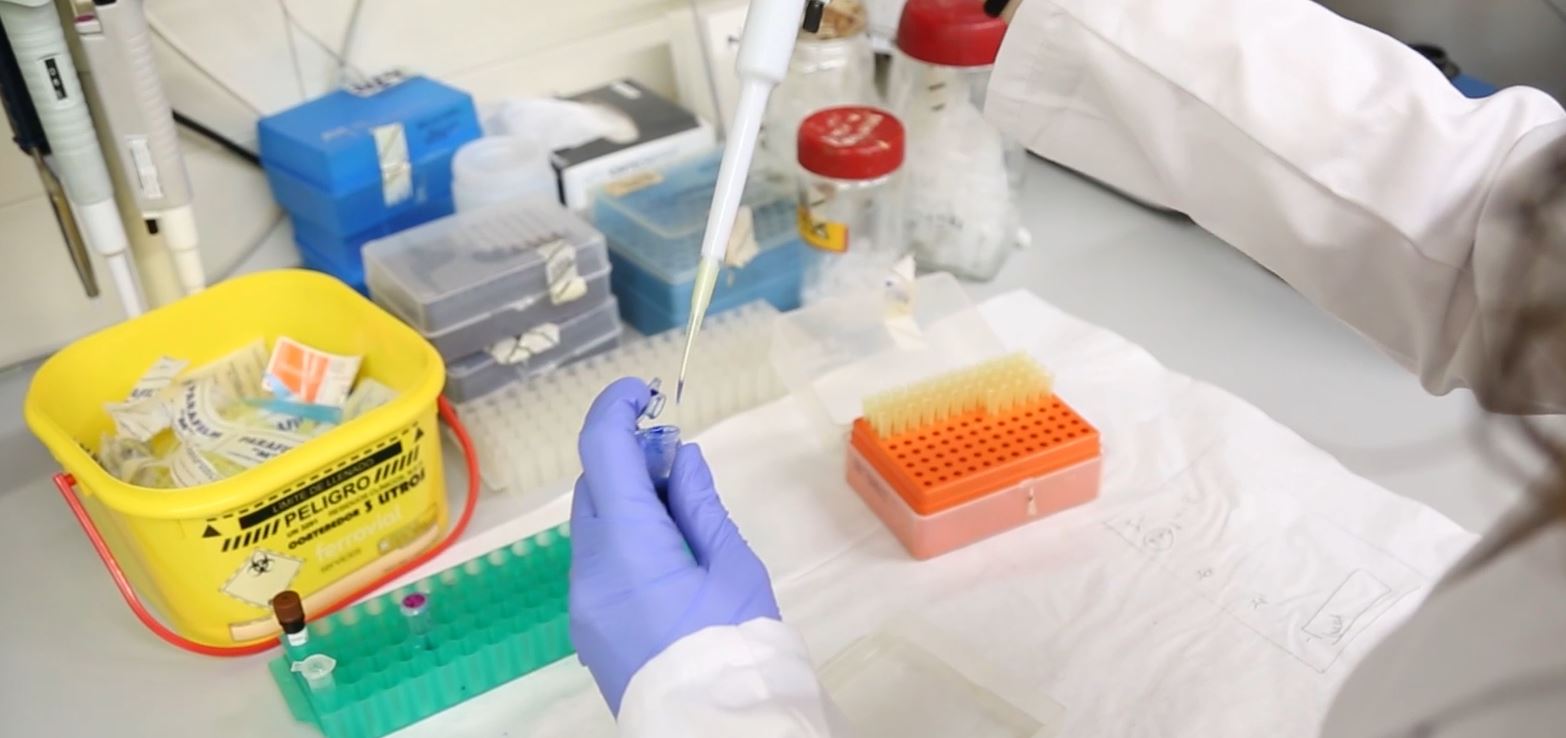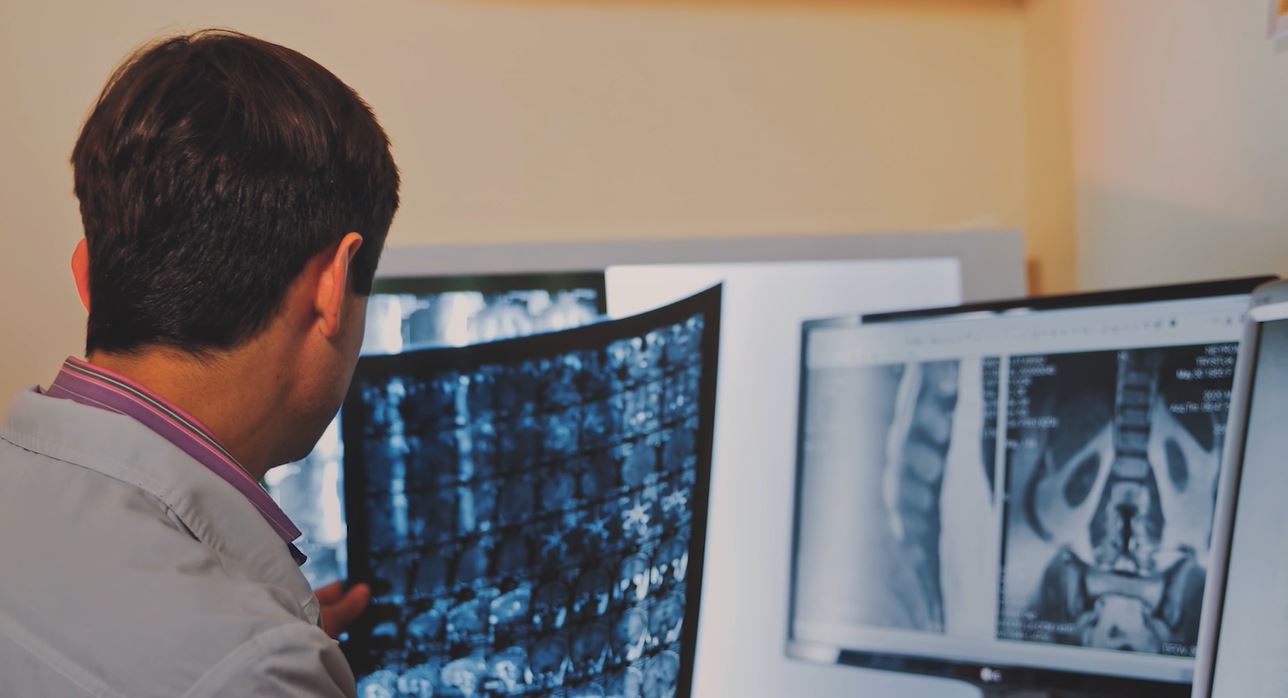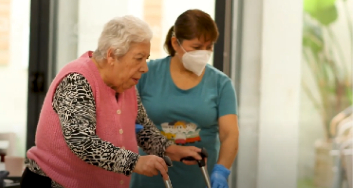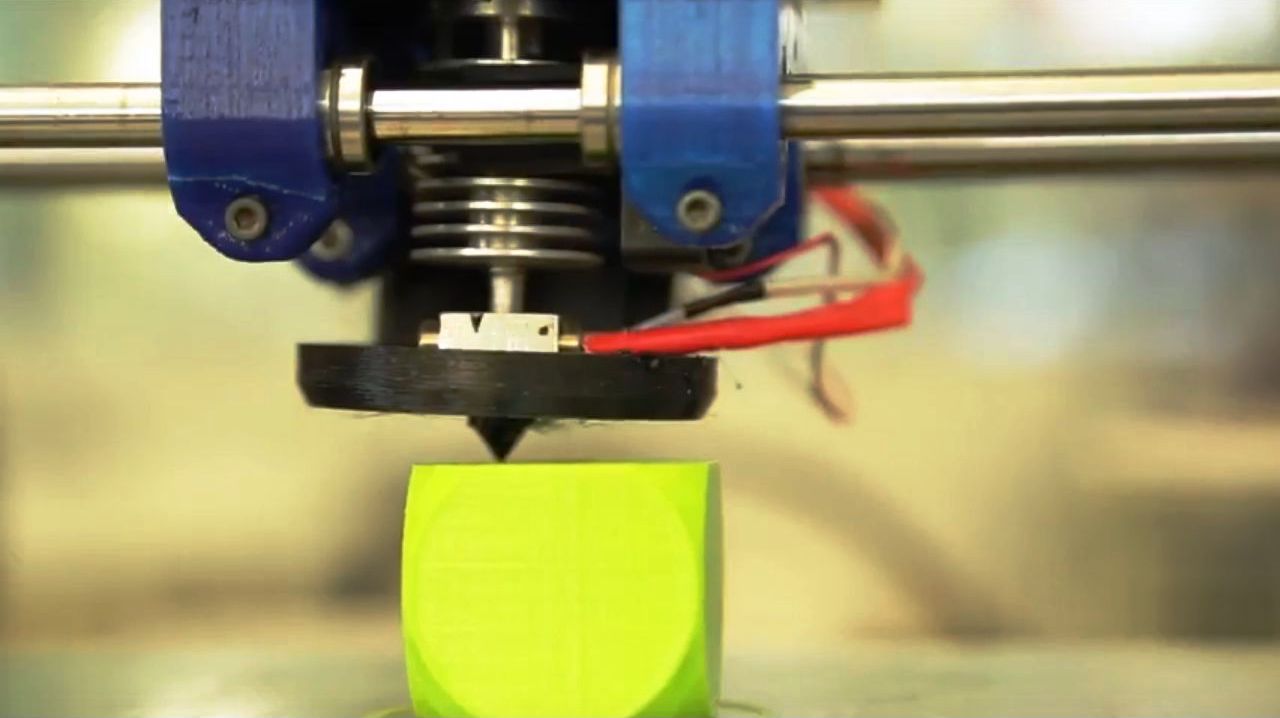
Neuropsychologist
Description
Neuropsychology is the speciality where psychology and neurology converge and studies the functioning of the human brain from a psychological point of view. Thus, neuropsychologist is a psychologist specialised in the functioning of the brain and the cognitive and behavioural processes that derive from this functioning.
Therefore, these professionals analyse and evaluate the effects that an injury, damage or abnormal functioning in the structures of the brain causes on cognitive, psychological, emotional and behavioural processes. Their objective is to work with people who suffer from neuropsychological alterations, detecting the pathology that may be the cause and offering a treatment or rehabilitation plan that helps to improve their quality of life or, at least, mitigate their deterioration.
Specifically, neuropsychologists study the correct development of higher mental functions, such as attention, learning and memory, language, emotions, consciousness, thinking and reasoning, as well as executive functions. The latter are complex mental activities necessary for people to plan, organise and adapt effectively to their environment. These are all essential functions for health and for achieving a satisfactory level of quality of life, which can be affected by neurological disorders of the central nervous system, the brain.
Brain alterations respond to various causes: cranioencephalic trauma, stroke, the appearance of brain tumours, neurodegenerative diseases (such as Alzheimer's, multiple sclerosis, Parkinson's, etc.), developmental diseases (epilepsy, cerebral palsy, attention deficit/hyperactivity disorder, etc.) or chronic diseases that often lead to cognitive alterations.
Neuropsychologists can work in various fields: school and training, clinical diagnosis and rehabilitation, intervention in special needs population, scientific research, high performance in sports or in the workplace.
Tasks
- Integrate the relevant knowledge of neuropsychology in professional practice, distinguishing the different profiles of neuropsychological impairment that may exist, as well as those of normality.
- Conduct the clinical interview, where in addition to symptomatology, specific aspects of the person such as age, profession or personality type must be considered.
- Establish the clinical diagnosis through neuropsychological assessment tests: memory, attention, intelligence, perception, personality, problem solving, reasoning, mood alteration, etc., depending on the case. To complete the assessment, medical tests to obtain brain images (CT scans, MRI scans), biopsies or genetic tests can also be ordered from other professionals.
- Design a personalised intervention programme, based on the results obtained, in order to reinforce, stimulate and rehabilitate neuropsychologically the cognitive or behavioural functions that are affected. This programme includes specific cognitive objectives to be developed in Occupational Therapy.
- Carry out neuropsychological rehabilitation and appropriate treatments, choosing the most suitable procedures according to the case from a wide repertoire of techniques, ICT tools and exercises.
- Monitor the cognitive-behavioural evolutionary course of the therapeutic process, assessing the rehabilitation and psychotherapeutic treatment and making the appropriate adjustments.
- Responsible for communicating and guiding the person, his/her relatives and the rest of health and care personnel who attend him/her, in the aspects linked to the diagnosis, the intervention programme and the necessary treatment guidelines.
- Coordinate with medical professionals in neurology, psychiatry, speech therapy and physiotherapy, etc., to detect and locate brain injuries and alterations that may affect the central nervous system.
- Promote the prevention of brain damage in programmes aimed at any of the multiple causes that can produce brain damage: traffic accidents, drug use, prevention and detection of strokes, etc.
- Participate in brain research. Cure and prevention are always based on research.










 | Catalan | Beginner
| Catalan | Beginner | Catalan | Advanced
| Catalan | Advanced
 Open
Open | English | Beginner
| English | Beginner







